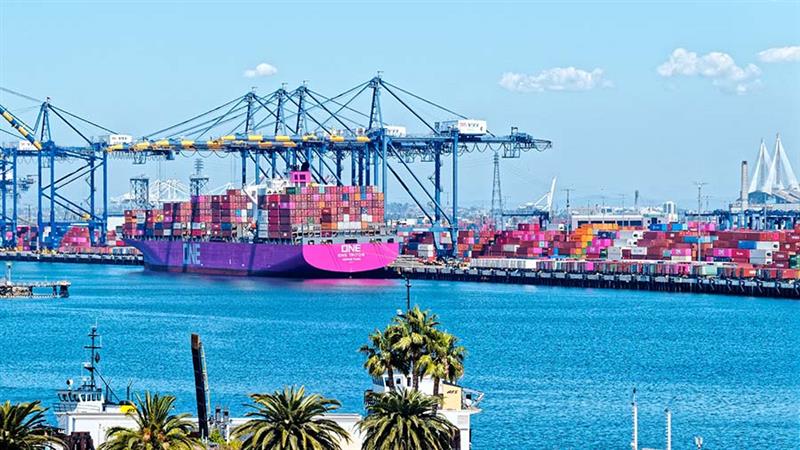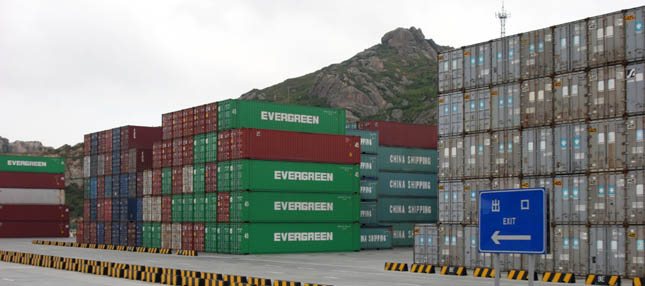Early signs of Export Driven Manufacturers Leaving China
Nov. 7 – Foreign manufacturers exporting their China production back to Europe and the United States are increasingly considering relocating their plants back to their domestic markets and closing down their China facilities, a survey of China Briefing readers has revealed.
Concentrating on component manufacturers in the auto and aviation industry, findings indicated that increasingly, domestic labor in developed countries such as the United States and Western Europe is now prepared to be more reasonable over salary demands and unionization, and that this, coupled with better QC capabilities and rule of law over disputes is leading to a rethink of the future of many China-based plants. “Bring production closer to our markets” is now the message filtering down from larger manufacturers with sizable headcounts and facilities from the boardroom.
Over the last twelve months, China has endured a torrid time in the eyes of foreign manufacturers. The legislation unifying the corporate income tax rate leading to an abandonment of investment incentives to foreign investors, and a double increase in taxes both at the corporate level—which rose 10 percent—and an additional surcharge on profits repatriation, has meant that China’s corporate tax rate for foreign manufacturers is now close to an effective and uncompetitive 35 percent. This, coupled with labor law amendments that can significantly expose the employer to long term relations to its workforce with increased penalties for layoffs, is raising the cost of business in China closer to levels of those seen in developed markets.
While these recent hikes in production costs could be absorbed, additional China factors are making the decision to continue with export manufacturing economically and politically risky. Amongst these are continuing QC problems, Chinese partners seemingly unable to prevent the inclusion of toxic materials into products, a judicial system that does not recognize the damage done to foreign companies when substandard products are delivered, and a general attitude of cutting corners in an administration that seems unable to legislate or effectively monitor against it. Indeed, in many recent scandals, local government corruption or inefficiencies have directly led to substandard, dangerous products entering the export supply chain to an extent that would not occur to such a large degree in developed markets with their enhanced monitoring and ability to obtain legal recourse. IPR problems have also remained a constant thorn in the side of foreign manufacturers basing their production in China.
While corporate America needs to hear policies from Barack Obama’s administration to begin to make definitive plans to retrench from China, there are signs that MNCs are now finding the additional and seemingly never-ending burdens of export manufacturing in China to be not worth the increased effort in basing production in the country.
- Previous Article China to Cap Public Sector Spending for 2009
- Next Article Zhuhai Airshow Marks Tentative Step For Chinese Aircraft Manufacturers




























